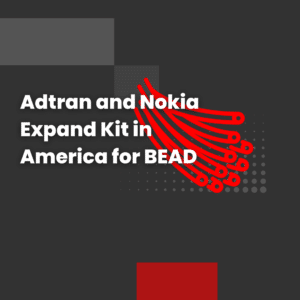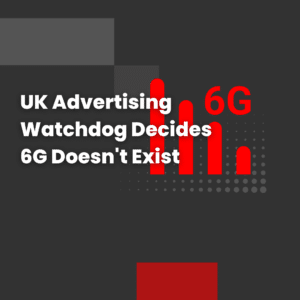When it launched in April of last year, Alaian made quite a splash in the telecom industry, but has somewhat gone under the radar since. Alaian is the alliance of seven telcos- Bouygues, KPN, MTN, Nos, STC, Telefónica and Windtre- and collaboration with towerco Cellnex. The intention of Alaian was to share expertise on new 5G and fibre use cases, and nurture small, young companies.
Recently, Alaian showed interest in XR, partnering with chip maker Qualcomm to call for innovative startups specialising in the industry.
This includes countless areas within the industry, such as metaverse, video games, edutainment, industry and manufacturing, retail, digital social experiences, connectivity, networking, devices, virtual platforms and other applications or services. Alaian is also looking into companies working on connectivity tools and software to enhance the deployment of XR products and service use cases. This is stuff like XR mass entertainment in the home or XR sustainability tools for large enterprises.
It seems Alaian is happy to hear from anybody at all, which on one hand could show what the perception of the alliance is currently. Or maybe it’s just them trying to get a nice wide pick of startups. Either way, there’s something rather ironic about it.
With headlines being dominated by generative AI this year so far, many people dub the mixed reality craze to be totally over, what with the death of the metaverse as reported.
This does show as a problem for the telecoms industry, with mixed reality and similar being a way for telcos to showcase the potential 5G networks can offer to both the average consumer and enterprises alike. Conversations on 6G have also had a huge lean onto how the technology could blend the lines between physical and virtual further.
With no ecosystem to produce the hardware or services, however, this is pretty difficult.
Some hope was revived in the industry in June, when Apple released the trailer for its Vision Pro. While not described as a headset offering any variation on reality, and rather a spatial computing headset, it reignited interest in XR.
Its $3,499 price tag, however, let some of that interest fizzle out. As well as this, it was reported that Apple had to scale back production due to an over-complicated manufacturing process, fizzling out a little more interest and hope.
Even if Apple do manage to reignite interest in XR, it doesn’t help out Alaian or Qualcomm all that much, as the Vision Pro uses Apple’s own ARM-based M2 chips. An unsurprising factor, considering their typical walled-garden approach to their products.
Perhaps when together, however, Alaian and Qualcomm can find the startups or small companies able to deliver an XR experience for the masses.
The startups chosen by the pair will have access to Alaian’s full resources, including market knowledge, contacts and connections, infrastructure and even investment opportunities provided by the telcos. There’s also the opportunity of training and access to business development initiatives.
Qualcomm will add onto this, offering access to its Snapdragon Spaces XR development platform and development kits, enabling startups to create new and improved XR experiences. Engineering support will also be provided by Qualcomm to help the startups overcome any technical challenges they may face and maximise potential of any projects. As well as this, they will also receive priority into the Snapdragon Spaces Pathfinder programme, an XR startup accelerator by Qualcomm themselves.
”This joint call offers an exceptional opportunity for start-ups that want to accelerate their growth and benefit from the backing of eight major companies in the telecommunications sector. We are excited to discover new talent and promote the development of disruptive solutions in the field of extended reality.”
Daniel Hernández, VP of devices and consumer IoT at Telefónica




